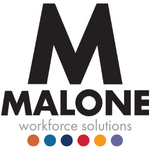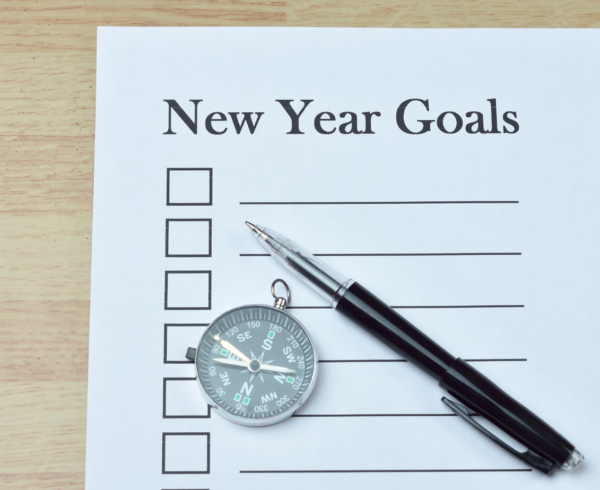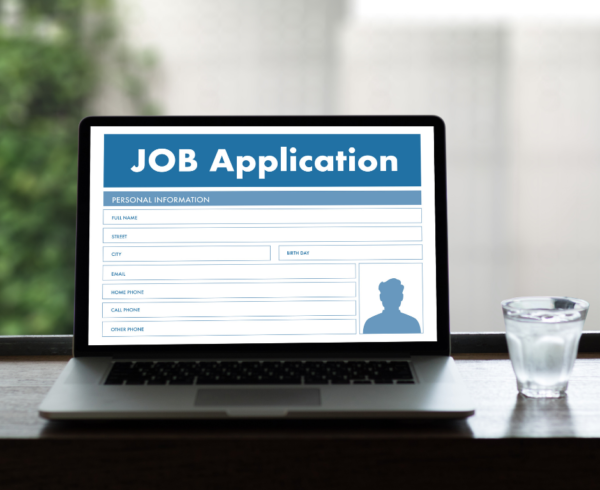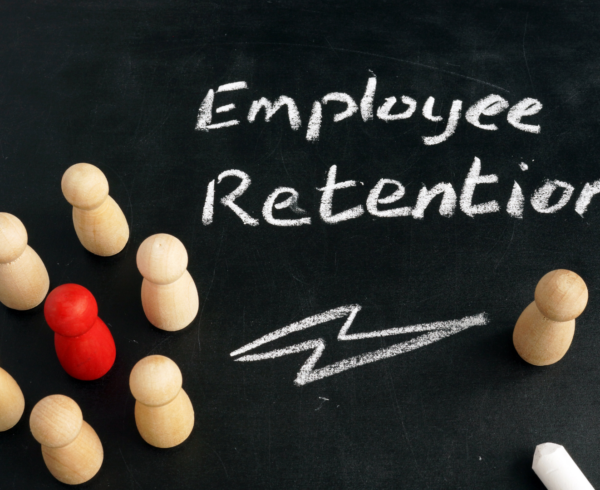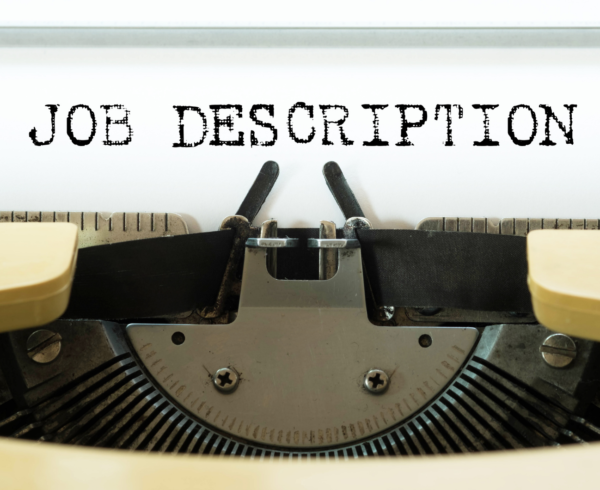We know you’re familiar with the old saying, “actions speak louder than words.” Well, this is especially true when it comes to job interviews. We all have little nervous habits but if we can become aware of these, we can work toward not sharing them during a job interview.
This is the time to put your best foot forward, and while what you are saying may be the most eloquent, thoughtful, and impactful thing the interviewer may have heard all week, they won’t hear it if they are preoccupied with paying attention to your toe tapping, leg swinging, and lip biting.
During an interview, it is important to remember that your body language can say just as much as your words. We tend to think that communication is about the words we choose and the way we deliver them. But in fact, only about 7% of what we communicate is conveyed through words. About 38% of our communication is conveyed through the tone, inflection, and volume of our voices; 55% is conveyed through our body language. Your body language, facial expressions and gestures can help make your ideas more vivid and easier to understand…or they can completely undermine them.
This means that no matter how eloquently you are expressing your thoughts and ideas, if your body language is not sending the same message to your audience, they are not going to get it.
Here are eight common nonverbal mistakes made during job interviews:
- Fidgeting: Fidgeting can make you seem nervous, and nervousness can make the interviewer think that your bored, distracted, or are not confident enough to do the job. Try to relax, you got this! Try to hold your hands at your sides and make eye contact instead.
- Crossing Arms: Arms crossed across the body send signals that you are closed off to new ideas or information, according to Business Insider. To avoid this common mistake, make sure your hands are relaxed, and resting on your side of the table.
- Lack of Eye Contact: The eyes are the gateway to communication. Looking down at the ground or off into space says you are distracted or disinterested. Maintaining eye contact demonstrates confidence and interest in what is being said.
- Pulling or Twisting Hair: You may not realize that you do this but when you are nervous or uncomfortable, you will touch your face or hair more than usual. The key here is to practice self-awareness in order to recognize when you’re doing it and stop yourself from doing it.
- Lip Licking, Biting and Picking: This is a sign of nervousness and stress that can be difficult to control. It’s also a sign of uncertainty so you want to avoid this action. Instead, try taking slow, deep breaths or thinking about something that makes you feel calm.
- Lack of Smile: Smiling is not only good for your health, but it is also good for your job search and interview process! Smiling creates warmth and shows the interviewer that you are interested, attentive and friendly; however, smiling too much can indicate that you’re nervous or trying too hard. Maintain a natural facial expression by smiling when appropriate (such as when answering a question) and keeping an attentive look on your face at all other times during the interview.
- Slouching in Your Chair: This signals to an employer that you do not care about them or their company. When you walk into a room, stand up straight, with your shoulders back and chest out. Your body should be at an angle of 45 degrees, not slouched over. You should also sit up straight, making eye contact with the interviewer before they speak.
- Shaking Hands Too Hard or Too Softly: The handshake at the beginning of an interview can really set the tone. CareerBuilder found that 26% of interviewees have a weak handshake, while 20% have a clammy one. To find the right balance, practice shaking hands with friends or family members before your interview and ask them for feedback on your grip strength.
Practice, Practice, Practice!
It is important to remember that your body language, facial expressions, and gestures can make your ideas more vivid and easier to understand—or they can undermine them. Practice in front of a mirror or video camera. Make sure that all the nonverbal content of your message, including personal appearance, eye contact and good manners, presents a professional image of yourself. The best way to tackle a nervous habit is to become aware of it and work on stopping yourself from doing it in high-pressure situations. The good news is these steps you can help to improve your body language and ensure your body says what you want it to say—I am the perfect fit for this job!
Looking to jump start your career? Malone Workforce Solutions is here to help you find the perfect fit. Contact us today to find out what we can do for you!
